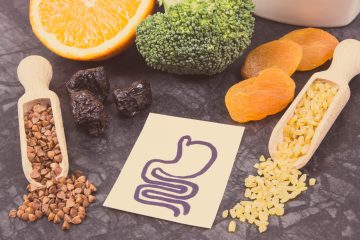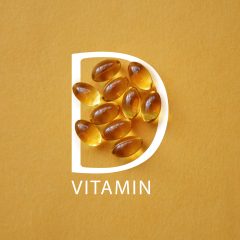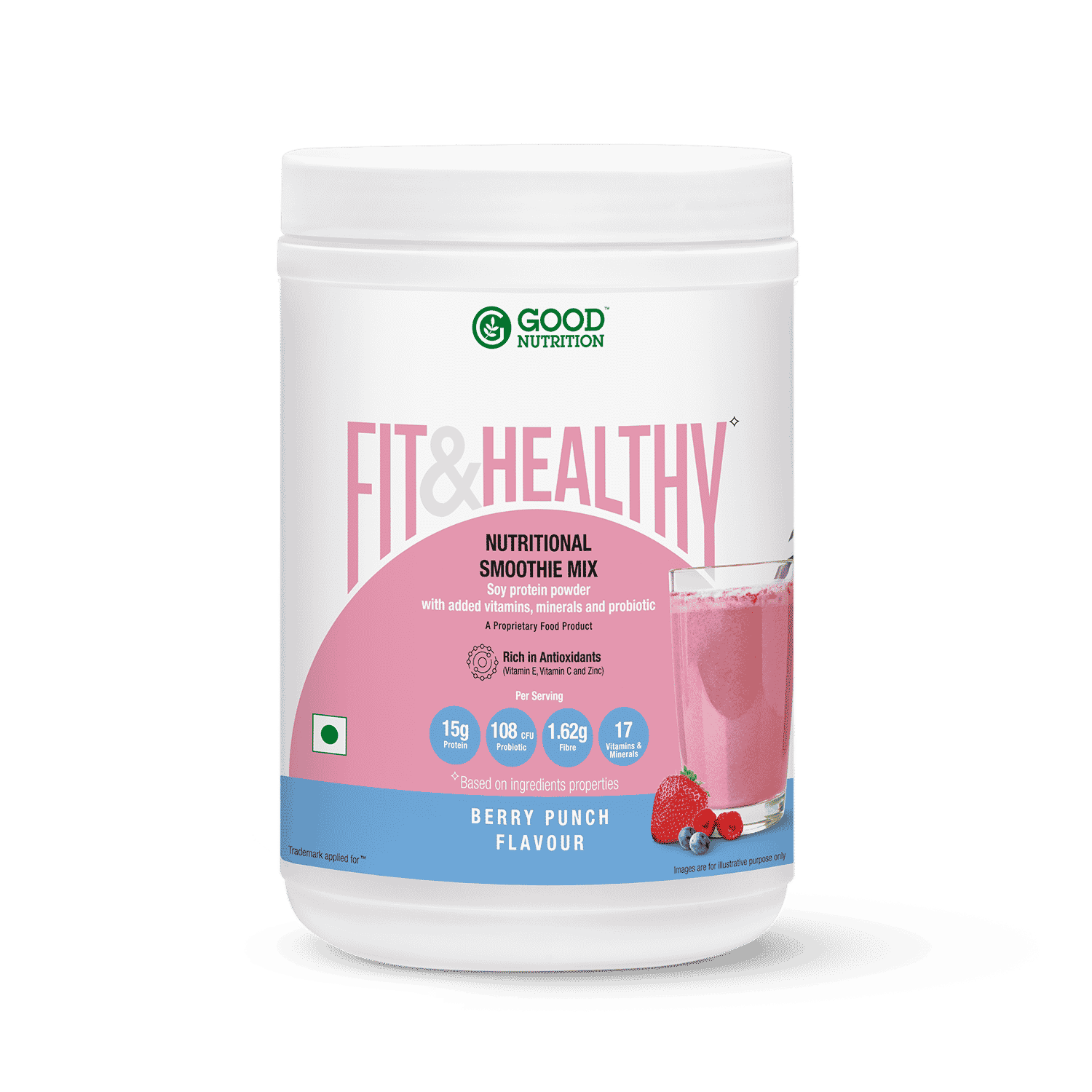As with any life transition, change can be scary and uncomfortable. When it comes to menopause and perimenopause, women experience different physical, mental as well as emotional changes. It can get overwhelming for the woman as well as people around her to process the effect of various changes that she experiences during this time.
But it’s important to understand what’s happening in your body and embrace the next chapter of your life.
What is menopause?
Menopause is time in your life when you cease to have your monthly periods.
Menopause occurs when you have gone 12 consecutive months without a menstrual period. Menopause is a natural part of aging and marks the end of the female reproductive years. The two hormones estrogen and progesterone start to diminish and causes many physiological changes like:
- Hot flashes
- Vaginal dryness
- Night sweats
- Urinary urgency
- Insomnia
- Irritability, mood swings, depression
- Dry skin, dry mouth and dry eyes
- Hair loss
- Lower sex drive
There are many aspects to look into for managing the menopausal phase well. Here we will talk about the essential vitamins and minerals that can help ease the menopause phase.
- Calcium- As a woman approaches menopause, there is a rapid loss of bone mass which starts to happen and this loss is continuous. Therefore, perimenopausal and postmenopausal women are more prone to fracture and osteoporosis. Increased calcium intake at this point of time becomes very essential. Decreased intake of calcium can increase the risk of osteoporosis and fragile bones.

- Vitamin D- Getting your vitamin D status checked and maintaining optimum level becomes essential at this phase of life. As vitamin D helps absorption of calcium and deficiency of vitamin D is related to depression and impaired blood glucose control and many other conditions, getting enough vitamin D through sunlight and supplementation is important.
- Iron- Iron is an essential for carrying oxygen through haemoglobin in the body. Lower iron levels can add to fatigue and tiredness. This coupled with other changes of menopause can further aggravate menopausal symptoms. Therefore, incorporating iron rich foods is essential during the menopausal phase.
- Vitamin E- Vitamin E is a fat-soluble vitamin. Research has shown vitamin E helps ease stress, reduces oxidative stress, and may help reduce your risk of depression. To increase vitamin E during and after menopause, add foods rich in vitamin E to your diet like nuts and seeds or take a vitamin E supplement.
- Vitamin B12- Vitamin B12 is a water-soluble vitamin. During menopause, women can become deficient in vitamin B12. Deficiency of vitamin B12 is related to insomnia in menopausal women. Fermented foods, milk and milk products are rich source of vitamin B12. It is recommended that women over 50 needs higher amount of vitamin B12 every day.
- Magnesium- Around 50 to 60% of the body’s magnesium is stored in the bones. During menopause, it’s important for keeping bones strong and preventing osteoporosis, or weakening of bones. Optimum level of magnesium is important for maintaining bone health during menopause. Magnesium may also reduce unwanted side effects of menopause, such as difficulty sleeping and depression while supporting heart health.
Certain vitamins and minerals are essential for easing the symptoms related to menopause and maintain optimum health.













